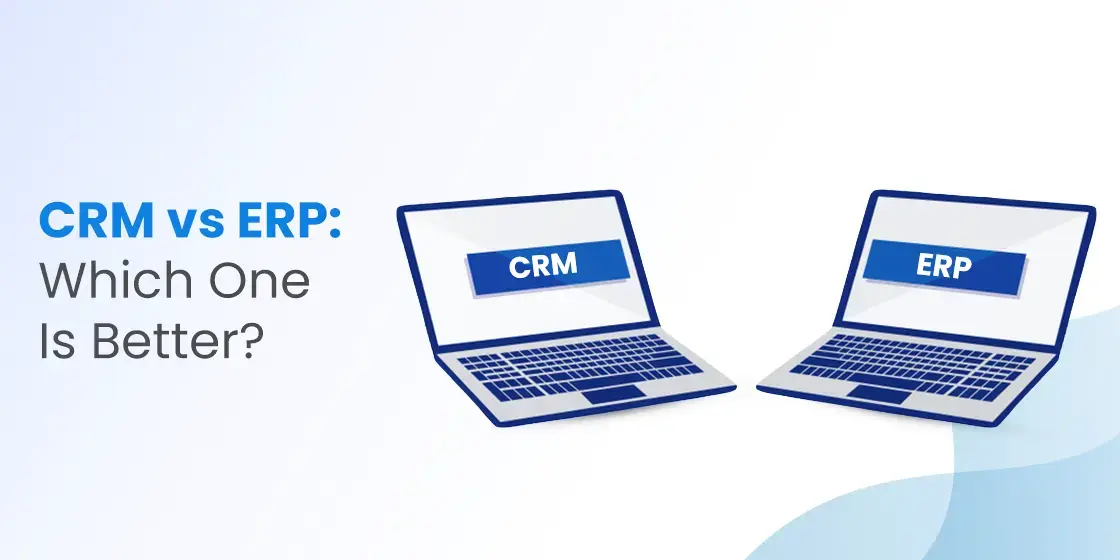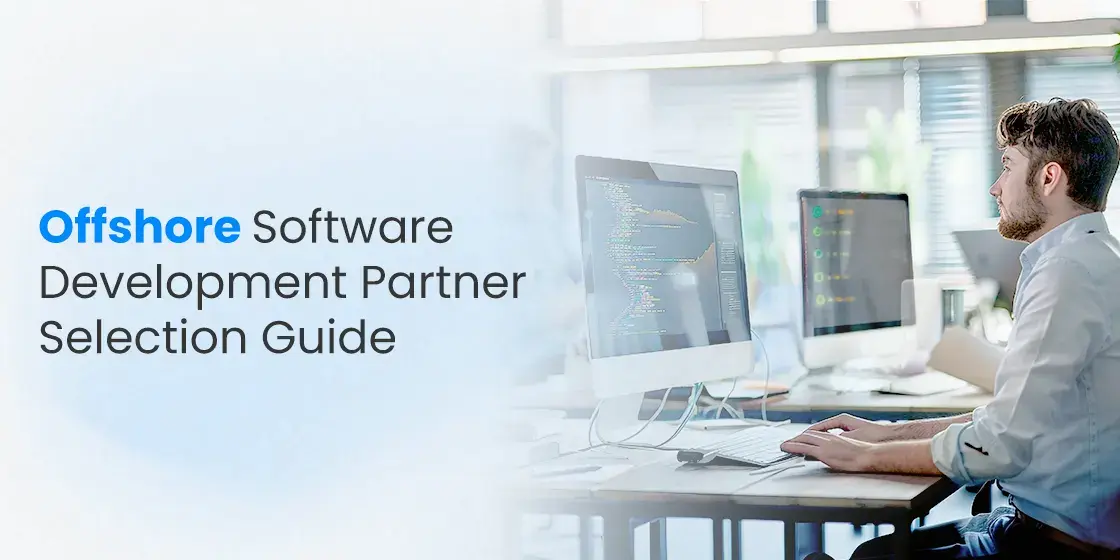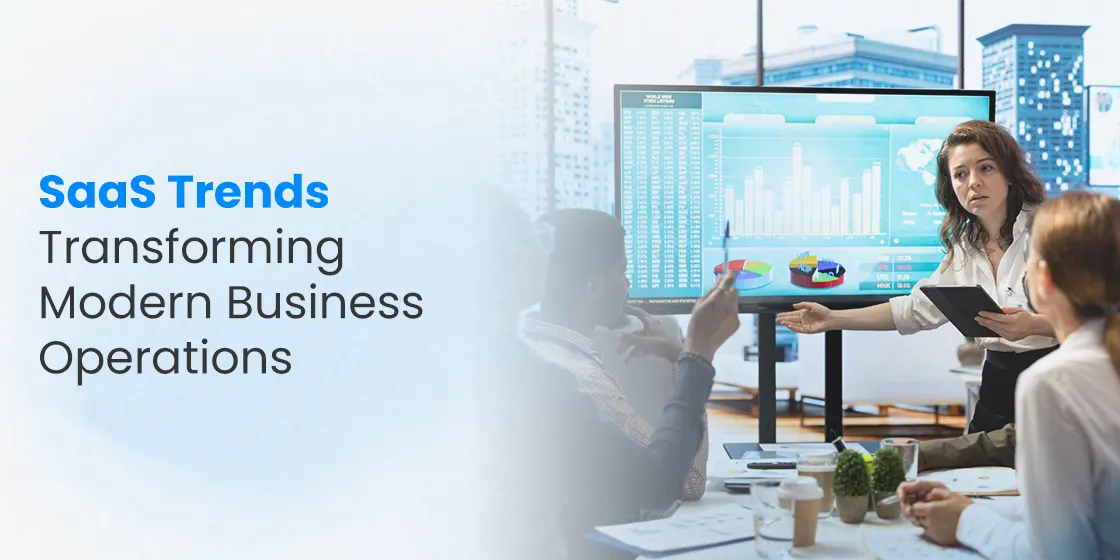Table of Content
Know About the Key Differences Between CRM and ERP Below
Businesses these days understand the importance of automation. They know that products like ERP or CRM can help them to automate several tasks effortlessly. Knowing the importance of both systems, they often get confused between the CRM vs ERP selection debate. Well, both of these products are built for different purposes, hence they cannot be equated in one category. They offer different types of benefits to the businesses that makes various task management easy for administrators. In ideal terms, businesses should use both of them, so that they can streamline various administrative functions.
However, choosing the right CRM or ERP management system also becomes a tough job for businesses. There are various products available in the market that claims to be top-notch in performance, yet in reality, only offers specific features. This is where finding an advanced CRM or ERP management system becomes important for businesses, one that has been built by a reputed software development company. Built with cutting-edge technologies, these products provide a variety of features that allows businesses to manage various jobs easily.
In this blog, we will discuss in detail about CRM and ERP business products. We will let you know which one you should pick for your business keeping in view all the functional requirements. But before that, let’s start from the basics understanding what these products are and why businesses should work with them to ease up various jobs.
What is CRM?
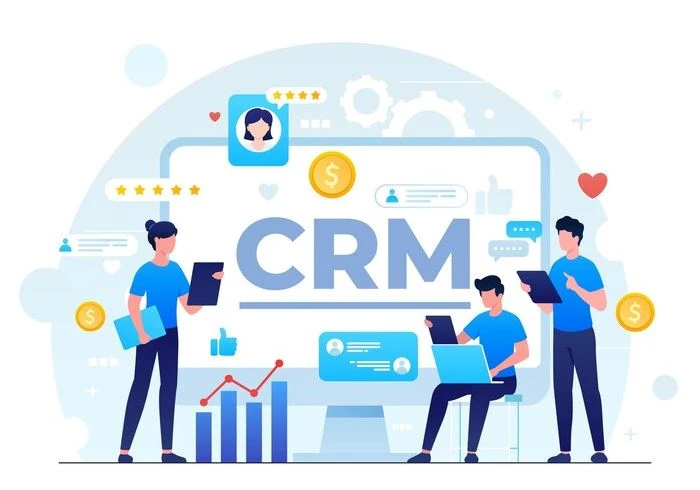
A Customer Relationship Management (CRM) product is a software solution designed to help businesses manage and analyze customer interactions and data throughout the customer lifecycle. The primary goal of a CRM is to improve customer service relationships, assist in customer retention, and drive sales growth. CRMs achieve this by centralizing and organizing customer information, such as contact details, interaction history, and preferences, making it easily accessible to various teams within the organization, such as sales, marketing, and customer support.
A CRM product typically includes a range of features that support different business functions. These features often include contact management, sales tracking, email marketing, AI forecasting for business and custom support. By integrating these functionalities, a CRM allows businesses to streamline processes, automate repetitive tasks, and gain valuable insights into customer behavior and business performance. This enables teams to work more efficiently, respond to customer needs more quickly, and tailor marketing efforts to better meet customer expectations.
Moreover, modern CRM products often incorporate advanced technologies like artificial intelligence (AI) and machine learning to further enhance their capabilities. These technologies can analyze large amounts of data to provide predictive insights, automate personalized communications, and recommend next steps in customer interactions. Additionally, many CRMs are cloud-based, allowing for easy access from any location, scalability, and integration with other business tools and systems.
Fuel innovation by leveraging bespoke software solutions. Get in touch with our team of experts to build cutting-edge software products.
Get a QuoteBenefits of CRM System
The core value proposition of a CRM system lies in its ability to serve as a centralized hub for all customer-related data. This system consolidates and organizes every piece of information about customers, from their contact details to the entirety of their interactions with the business across various touchpoints. By maintaining this comprehensive repository, businesses can ensure that all departments have access to up-to-date and consistent customer information, leading to a more coordinated and personalized approach in their dealings with clients.
With this wealth of data at their fingertips, businesses can leverage advanced analytics tools integrated into the CRM to derive meaningful insights. These analytics enable companies to understand customer behavior, identify trends, and predict future needs or opportunities. For instance, businesses can analyze which customers have the highest potential for additional revenue, allowing them to prioritize efforts toward these valuable segments. Additionally, they can assess the performance of sales teams in real time, identifying strengths and areas for improvement.
Moreover, the insights gained from CRM analytics extend beyond immediate customer interactions to inform broader strategic decisions. Businesses can use this data-driven approach to refine their marketing campaigns, and optimize resource allocation across teams. The ability to make informed decisions based on real-time empowers companies to enhance customer satisfaction. In essence, the CRM system transforms customer data into actionable intelligence, guiding the business toward more effective and profitable customer relationship management.
What is ERP?
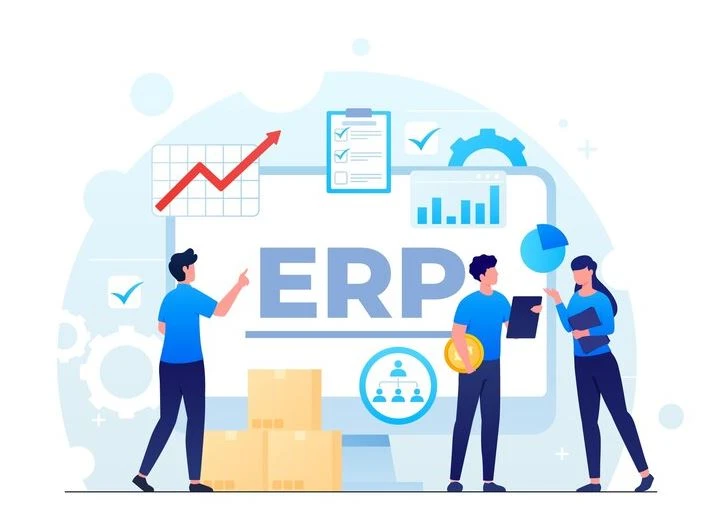
Enterprise Resource Planning (ERP) software is a comprehensive solution designed to integrate and manage the core business processes of an organization. It centralizes data from various departments, such as finance, human resources, supply chain, and others. This integration ensures that all departments can access and share accurate, real-time information, which enhances communication, and collaboration. By providing a single source of truth, ERP software helps eliminate data silos and reduce duplication of efforts, leading to more efficient and streamlined operations.
ERP software system typically encompass a wide range of modules that cater to different business functions. For instance, a financial management module might handle general ledger, accounts payable, and accounts receivable, while a human resources module could manage employee records, payroll, and performance evaluations. Supply chain modules might oversee inventory management, order processing, and supplier relations. By connecting these various functions, an ERP system allows for seamless workflow management, ensuring that all parts of the business are aligned and working towards common goals.
In addition to process integration, ERP software also offers robust reporting and analytics capabilities. These tools allow businesses to gain deeper insights into their operations by analyzing data from across the organization. For example, an ERP system can generate financial reports that provide a comprehensive view of the company’s financial health. By enabling data-driven decision-making, ERP software empowers businesses to identify opportunities for improvement, and respond more effectively to market changes.
Benefits of ERP System
ERP systems are designed to collect and centralize data from various back-office departments into a single, cohesive database, enabling seamless integration of critical business functions. By consolidating data from areas such as financial management, supply chain operations, human resources, and more, ERP systems ensure that all relevant information is accessible from one location. This unified approach eliminates the fragmentation of data across different departments, which often leads to inefficiencies and miscommunication.
The integration provided by ERP systems plays a vital role in breaking down data silos that typically hinder cross-departmental collaboration. When information is confined to specific departments, it can lead to discrepancies, delays, and a lack of visibility into the broader operations of the business. ERP systems address this challenge by creating a holistic view of the organization. This comprehensive visibility not only improves accuracy in decision-making but also enhances coordination across various functions, such as financial planning, inventory management, and more others.
In addition to fostering integration and collaboration, ERP systems significantly enhance business efficiency by automating many of the manual tasks. Routine activities like data entry, order processing, and inventory tracking are often time-consuming and prone to errors when performed manually. ERP systems streamline these processes by automating them, reducing the risk of human errors. This automation accelerates business processes, boosts productivity, and allows the organization to respond more quickly to changes in the market or internal demands.
CRM vs ERP: Major Differences You Should Know
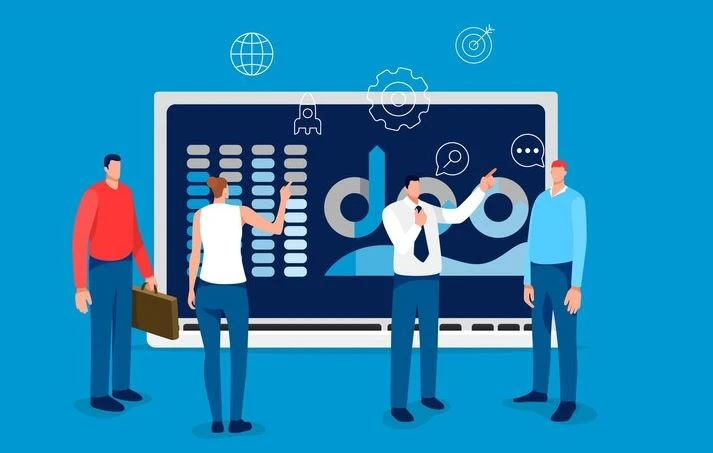
Both ERP (Enterprise Resource Planning) and CRM (Customer Relationship Management) systems are critical to the functioning of an organization, but they serve distinct purposes that align with different areas of the business. ERP systems are primarily designed to manage and integrate financial data, making them essential tools for the finance department. These systems streamline financial operations, ensuring accuracy in accounting and budgeting effectively. By consolidating financial information across various departments, ERP systems provide a comprehensive view of an organization’s financial health.
On the other hand, CRM systems focus on managing customer-related data, playing a vital role in the sales and customer service departments. These systems are designed to enhance the organization’s interactions with its customers by tracking customer interactions, sales history, and preferences. CRM systems empower sales teams to better understand customer needs and behavior, leading to more personalized service. Additionally, they help customer service teams to resolve issues more effectively by providing a detailed history of customer interactions and support cases.
The distinction between ERP and CRM systems can also be seen in their respective roles within the organization. ERP systems are often referred to as the “back office” because they deal with internal processes. Conversely, CRM systems are known as the “front office” because they directly impact how the organization interacts with and serves its customers. Together, ERP and CRM systems provide a comprehensive infrastructure that supports both the internal and external aspects of an organization’s operations, ensuring that both financial and customer-related processes are optimized for success.
Integrating CRM and ERP Systems
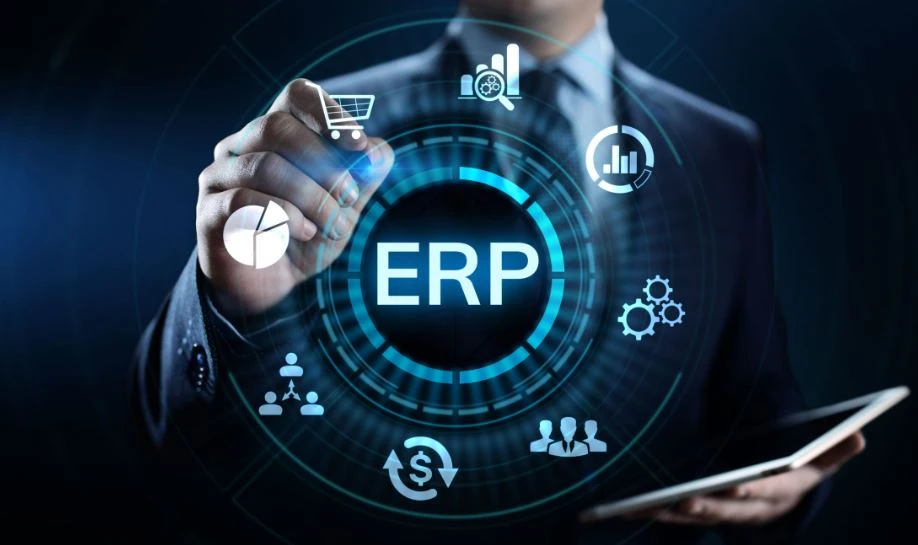
In the course of a typical customer journey, a company may engage with a customer through dozens, if not hundreds, of interactions. These interactions span multiple departments within the organization, each with its own specific objectives, processes, and priorities. From marketing and sales to customer support and finance, every department plays a role in shaping the customer’s overall experience. However, the challenge lies in ensuring that these interactions, are seamlessly coordinated to provide a consistent and cohesive experience for the customer at every touchpoint.
Achieving a unified customer experience across all departments requires more than just good communication; it necessitates an integrated approach to data management. Companies must strive to eliminate the silos that often exist between different departments by ensuring that their CRM and ERP systems are interconnected. When these systems operate in isolation, the risk of discrepancies in customer data increases, leading to fragmented and inconsistent customer interactions.
To deliver a modern, frictionless customer experience, it is crucial for companies to effectively share data across their CRM and ERP systems. This integration allows for a more holistic view of the customer, where every department has access to the same information. By bridging the gap between these critical systems, companies can break down internal barriers, streamline operations, and ultimately offer a more personalized and satisfying experience to their customers.
CRM vs ERP – Which Suits Best For Your Business?
Determining whether your company requires an ERP or a CRM system primarily depends on your organization’s core objectives. ERP systems are typically geared towards managing and optimizing internal processes. CRM systems, on the other hand, are designed to enhance customer-facing activities, focusing on sales, marketing, and customer service. The choice between the two often hinges on which aspect of your business—internal operations or customer engagement—requires more immediate attention and improvement.
However, it is not uncommon for companies to discover that their functional requirements extend beyond the capabilities of just one of these systems. As businesses grow and evolve, they often find that they must manage not only their operational efficiency but also maintain a robust strategy for acquiring and retaining customers. This dual requirement underscores the importance of having both ERP and CRM systems in place. Each system offers unique benefits, and together, they can provide a comprehensive solution that addresses the full spectrum of a company’s needs.
If your company finds itself in this situation, the optimal approach is to implement both an ERP and a CRM system, ensuring that they are properly integrated to work in harmony. By doing so, you enable seamless data flow between internal operations and customer-facing activities, creating a unified platform that supports both efficiency and growth. This integration not only improves overall business performance but also enhances the customer experience by providing consistent, accurate information across all departments.
Frequently Asked Questions
| What is a CRM system? A CRM system is a software platform that helps businesses manage and analyze customer interactions, sales, and relationships. It centralizes customer data, streamlines processes, and enhances customer satisfaction and retention. |
| What is an ERP system? An ERP system is an integrated software platform that manages a company’s core business processes, such as finance, supply chain, and others. It centralizes data and automates workflows across departments to improve efficiency and decision-making. |
| What is the difference between CRM and ERP system? The key difference between CRM and ERP is that CRM focuses on managing customer relationships, while ERP automates internal business processes such as finance, and human resources. CRM is customer-centric, whereas ERP is focused on optimizing organizational efficiency and operations. |
Final Words
That brings us to the end of this blog in which we have discussed differences between CRM and ERP management systems. The selection debate between CRM vs ERP systems is unending, because both of them are considered necessary for businesses. They are built for distinguished purposes, catering to a variety of jobs that are often difficult to manage manually. This blog has highlighted different benefits of both CRM and ERP systems, so that you can get a better idea about their utility. It is best advised to choose these systems after looking at their industry reviews, as that allows to make informed decisions.
Meanwhile, if you are looking for a company that could help you to build quality CRM and ERP systems, get in touch with us today. We will help you to build advanced business solutions, rightly as per the needed requirements.
Empower your digital initiatives with BariTechSol, a premier custom software development company. Our skilled team tailors cutting-edge solutions to your unique needs. Elevate your tech experience and stay ahead in the digital realm. Partner with BaritechSol and code the success of your next big idea.
